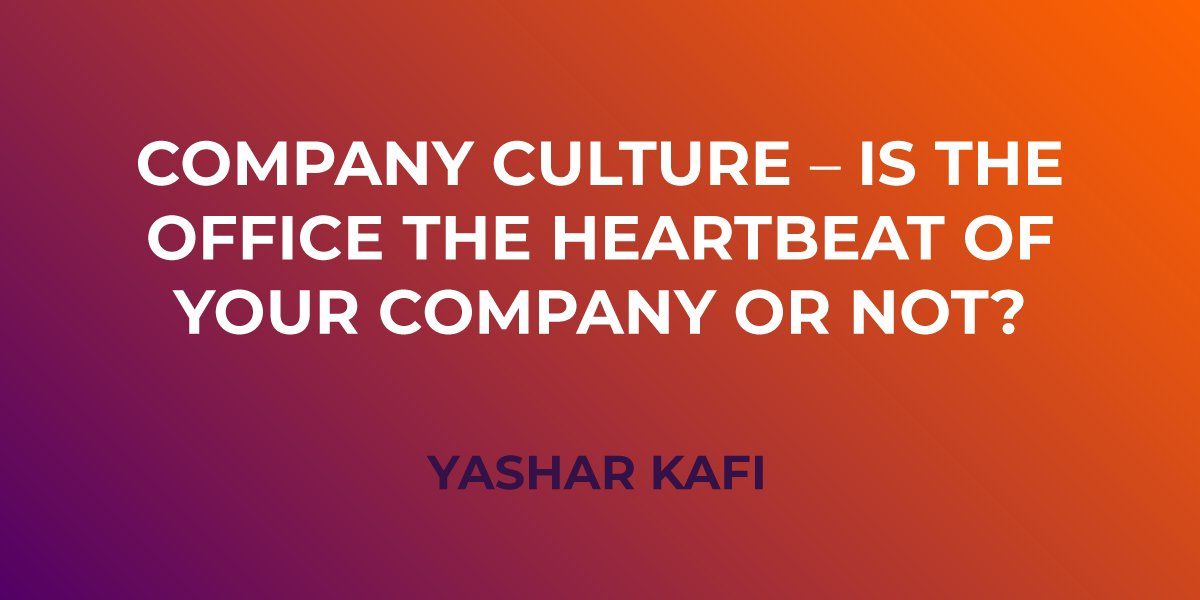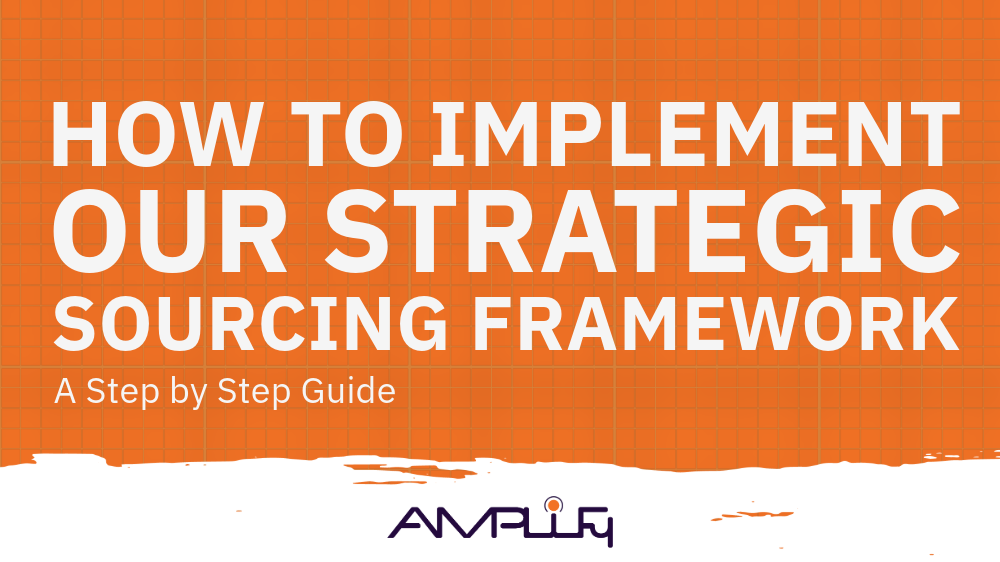Company Culture ─ Is The Office The Heartbeat of Your Company or Not?
Now that the world has experienced a global pandemic, many things have been put into perspective. Suddenly we appreciate certain aspects of our lives a little bit more—freedom, socializing, and traveling, to name a few. People have even missed their daily commute to the office. While that’s shocking for some, it’s completely understandable; the office is, in many ways, a hive of social experience and development, which is what humans tend to crave in life. That said, it’s worth noting that the population is split on that. While some people miss heading into the office on a Monday morning, others are much happier working from home, but both groupings have one vital need—human connection.
So it made me wonder: is the office or the human connection that occurs within its walls the heartbeat of a company? I’m starting to think that bricks and mortar are relatively irrelevant. COVID-19 revealed to C-Suite executives that they needn’t host staff at a centralized location. Online service providers are more than ready to accommodate the new work from home norm, providing instant messaging services and video chat software for businesses to keep our workforces united.
The Heartbeat
I think it’s wrongly assumed that an organization’s heartbeat is more material or egotistical. Some people seem to think it’s compensation, perks and benefits, reputation and prestige, the products and services they provide, or the good they do for the local and global community.
It isn’t the mission, the norms, or the values.
It’s the people. I believe that your workforce is the heart of your organization; whichever industry you’re in, it’s your team that acts as the lifeblood. Their talents and skills are spread throughout the company to ensure that every department, job role, and office works exactly as it should, without fail. If they fail, the whole business will collapse. Just like the human body, your human resources are basically the engine that keeps your machine running and the heartbeat strong.
For that reason, we can probably surmise that people are our greatest assets in the workplace. This isn’t a new or revolutionary statement, but it is true. And it used to be the case that “everybody is replaceable” and that providing an excellent customer experience was the absolute paramount ambition by big businesses. Now, though, it’s all about ensuring that your staff is happy at work. It has become a fundamental part of modern workplaces. Rather than focusing on the bottom-line, which is what many business leaders do, it’s positively expected that they focus on the health and well-being of their employees. Why? Because focusing on the bottom-line is great for a short time, but if you don’t focus on your human assets, there won’t be a bottom line to analyze in the long run. Your company, without its staff, will fall apart.
There is a trend when it comes to the “best” organizations and companies to work for, and there’s an obvious correlation between that trend and their epic levels of success. Simply stated, it’s the environment. These leading companies realize that employee well-being is of the utmost importance, so they create a positive workplace where everybody feels valued. They invest in their staff’s education and development, and they work to nurture their teams in whatever way they need, rather than being hard on them and shouting when something doesn’t go quite right.
As a business leader, you’d hope that you might try to keep your ticker working by eating well and looking after yourself. So when it comes to the workplace, take care of your employees too, or else you’ll find that your company’s heartbeat quickly wanes.




